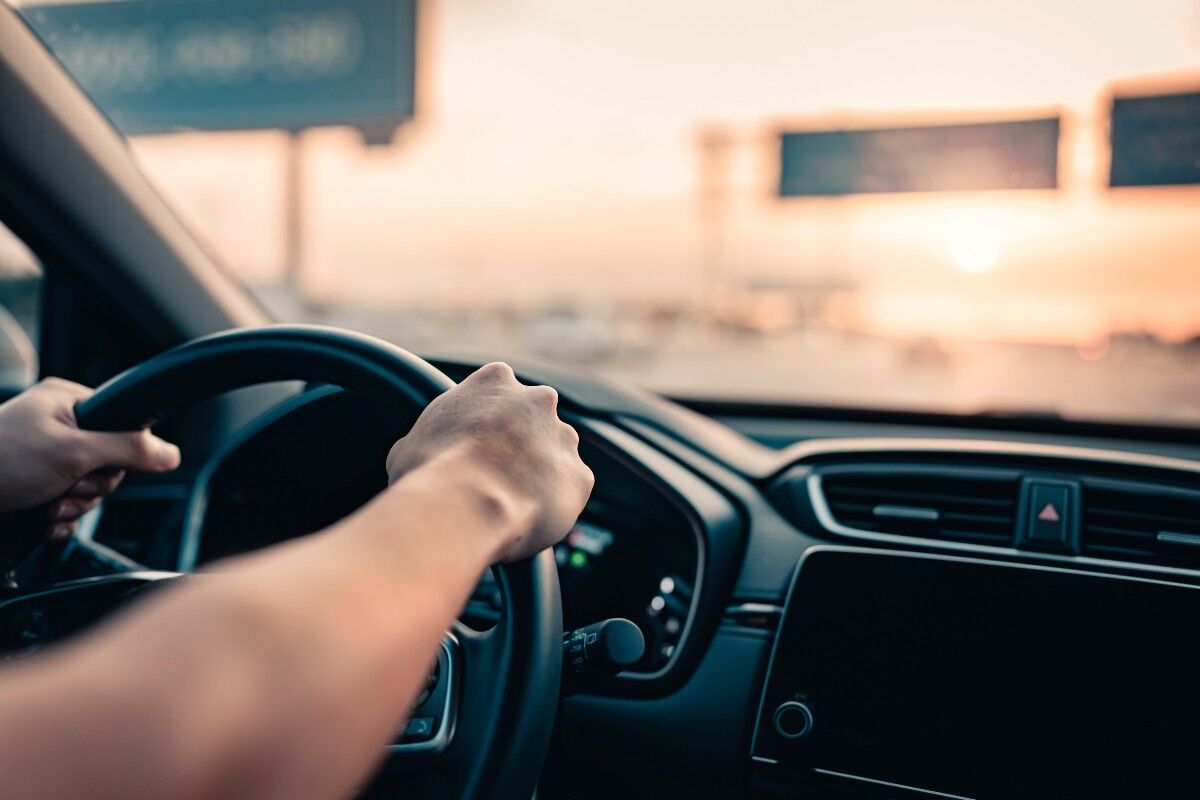
What is the DVLA? The Driver and Vehicle Licensing Agency (DVLA) is a key part of the UK's transport system. Established in 1965 and based in Swansea, Wales, it manages driver and vehicle records. From introducing electronic vehicle licensing in 2004 to handling over 12,000 complaints in 2015/16, the DVLA has seen its share of challenges and achievements. It has faced controversies like missing documents and data privacy issues but continues to improve its services. With strict sight standards for drivers and a focus on reducing distracted driving, the DVLA aims to ensure road safety and efficient vehicle management.
What is the DVLA?
The Driver and Vehicle Licensing Agency (DVLA) is a key player in the UK's transportation system. It handles everything from driver licenses to vehicle registrations. Let's dive into some interesting facts about this agency.
-
Established in 1965
The DVLA was set up in 1965 and is based in Swansea, Wales. It has been managing driver and vehicle data for decades. -
Electronic Vehicle Licensing
In 2004, the DVLA launched Electronic Vehicle Licensing. This system allows people to pay vehicle excise duty online or by phone, making the process much simpler.
Challenges and Controversies
Like any large organization, the DVLA has faced its share of issues. Here are some notable ones.
-
Vehicle Register Issues
The DVLA's vehicle register is crucial for identifying untaxed vehicles. However, it has faced problems like lost registration certificates and misuse of vehicle details. -
Missing Documents Controversy
In 2006, around 120,000 to 130,000 vehicle registration certificates went missing. This led to a spike in vehicle thefts, with stolen vehicles worth £13 million reported in an 18-month period. -
Letter Bomb Incident
A letter bomb was sent to the DVLA in 2007, injuring four people. Miles Cooper, a school caretaker, was later arrested and charged for this and other related incidents. -
Confidential Records Error
In 2007, the DVLA accidentally sent confidential details to the wrong people during a survey. The mistake was only discovered when the public reported it. -
Lost Entitlements
BBC's Watchdog reported in 2009 that some drivers lost entitlements, like the right to drive a motorcycle, from reissued licenses. Similar issues were reported in 2005 for heavy goods vehicle drivers. -
Sale of Driver Details
In 2010, it was revealed that the DVLA sold drivers' details to private parking enforcement companies, some with criminal records. Each record was sold for £2.50, raising privacy concerns.
Service and Data Handling
The DVLA has also made strides in improving its services and handling data more responsibly.
-
Complaints Resolution
In 2015/16, the DVLA handled 12,775 complaints. While 14.9% were not resolved at first contact, overall complaints decreased by 6.5%, and the agency maintained its customer service excellence standard. -
Data Processing Controversy
In 2022, the Information Commissioner advised the DVLA to use a different legal basis for releasing vehicle keepers' details to parking companies. This change would give people the right to object to the processing of their data. -
Unacceptable Levels of Service
A 2023 report criticized the DVLA for long delays in processing driving license applications, especially those involving fitness to drive. These delays caused significant disruptions, including job losses and financial hardships.
Safety Standards and Testing
The DVLA sets strict standards to ensure road safety. Here are some key points.
-
DVLA Sight Standards
Drivers must be able to read a car number plate from 20 meters. Visual acuity must be at least decimal 0.5 (6/12) on the Snellen scale using both eyes or one eye if only one is sighted. -
Eyesight Testing
Police often test drivers' eyesight during traffic stops. If the DVLA standard isn't met, the driver's license can be immediately revoked. This data helps understand the impact of poor vision on road safety. -
Distracted Driving
Distracted driving is a major issue, causing 25% of car accident deaths. Teenagers are the most affected, with distracted driving accounting for over 58% of teen crashes. -
Visual Field Criteria
The DVLA's visual field criteria mean that certain visual defects close to fixation are generally not acceptable for driving. However, there are provisions for exceptional cases. -
Exceptional Case Provisions
Drivers with visual field loss may still get a license if they provide clinical evidence and pass a practical driving assessment. This involves support from a clinician and an occupational therapist-approved driving instructor.
Technological Advancements and Services
The DVLA continues to innovate and improve its services. Here are some recent developments.
-
Record-Breaking Year for Registrations
In 2021, the DVLA sold more registrations than ever before, generating over £175 million for HM Treasury. This money supports public services in the UK. -
Personalized Registrations Service
The DVLA offers unique registration numbers through its Personalized Registrations service. This service uses the Granicus govDelivery platform to communicate with customers and promote sales. -
Improved Service and Communication
The DVLA has improved its service by customizing email templates based on customer needs. Over 250,000 customers have signed up for alerts on personalized registrations, enhancing efficiency and satisfaction. -
Technological Advancements
The DVLA leverages technology to improve services. Newer vehicles with advanced safety features like automatic emergency braking aim to reduce accidents caused by human error. The agency also collaborates with campaigns to raise awareness about distracted driving.
The DVLA's Role in UK Transportation
The Driver and Vehicle Licensing Agency (DVLA) is a cornerstone of the UK's transport system. From electronic vehicle licensing to managing driver and vehicle databases, the DVLA ensures smooth operations. Despite facing controversies like the missing documents incident and the letter bomb attack, the agency continues to improve. The sale of driver details and issues with lost entitlements highlight areas needing attention. However, the DVLA's commitment to road safety through strict sight standards and visual field criteria is commendable. Technological advancements and a focus on customer service show the agency's dedication to progress. The DVLA's efforts in personalized registrations and data processing controversies reflect its ongoing evolution. Overall, the DVLA remains vital in maintaining the integrity of the UK's transportation infrastructure, balancing challenges with continuous improvements.
Was this page helpful?
Our commitment to delivering trustworthy and engaging content is at the heart of what we do. Each fact on our site is contributed by real users like you, bringing a wealth of diverse insights and information. To ensure the highest standards of accuracy and reliability, our dedicated editors meticulously review each submission. This process guarantees that the facts we share are not only fascinating but also credible. Trust in our commitment to quality and authenticity as you explore and learn with us.


